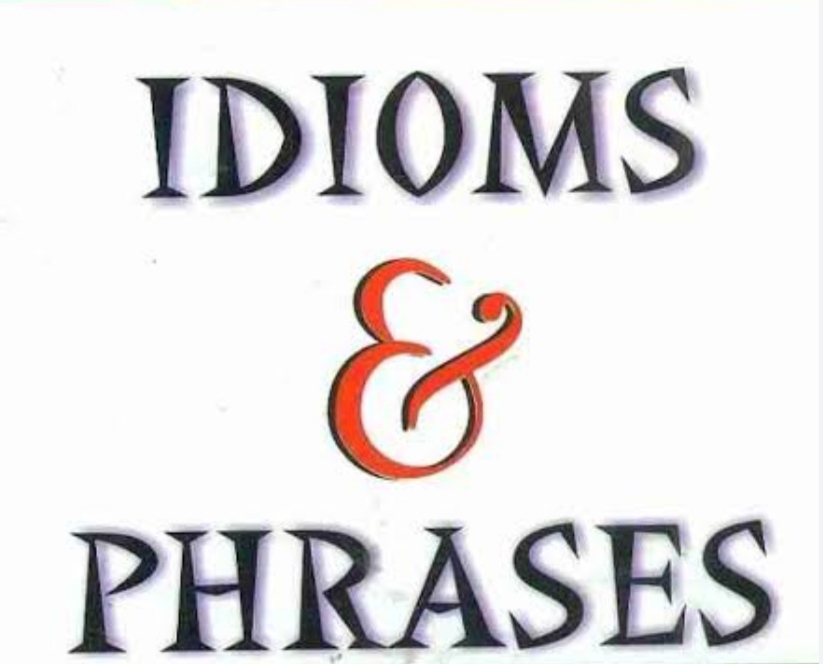
Parts of Speech - Definition, 8 Types and Examples
In the English language, every word is called a part of speech. The role a word plays in a sentence denotes what part of speech it belongs to. Explore the definition of parts of speech, the different parts of speech...

